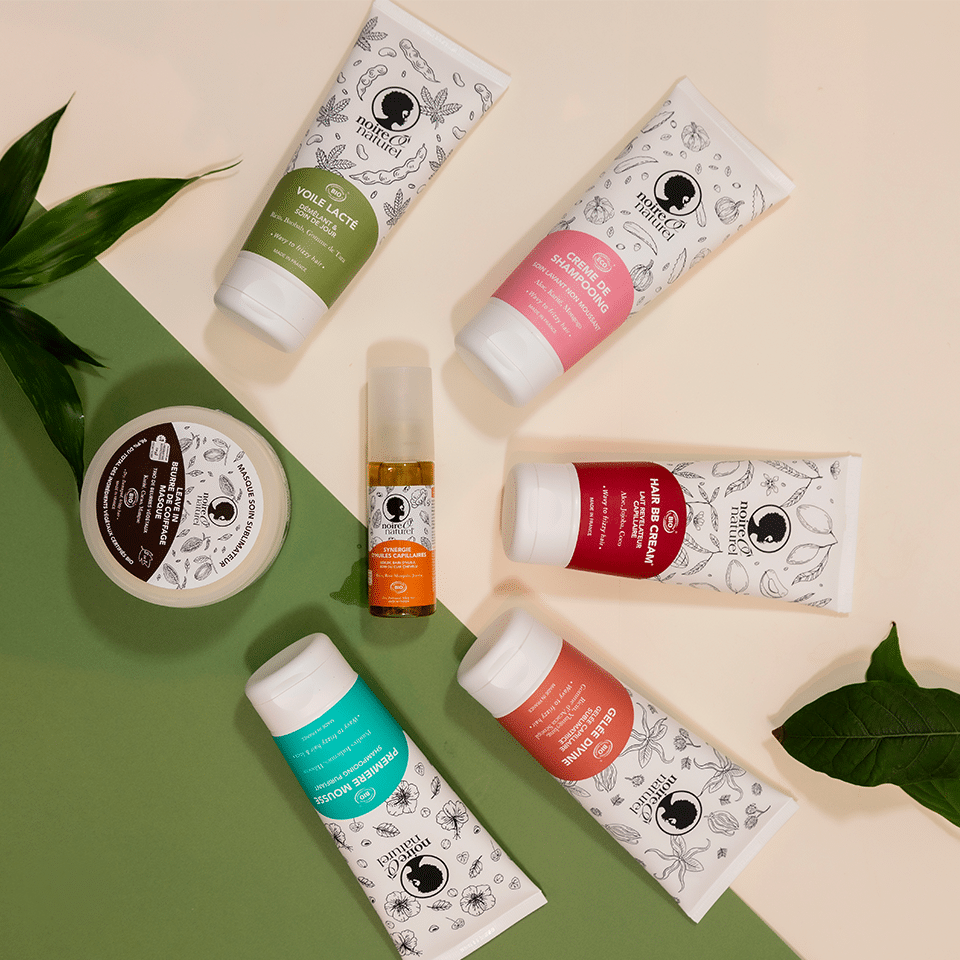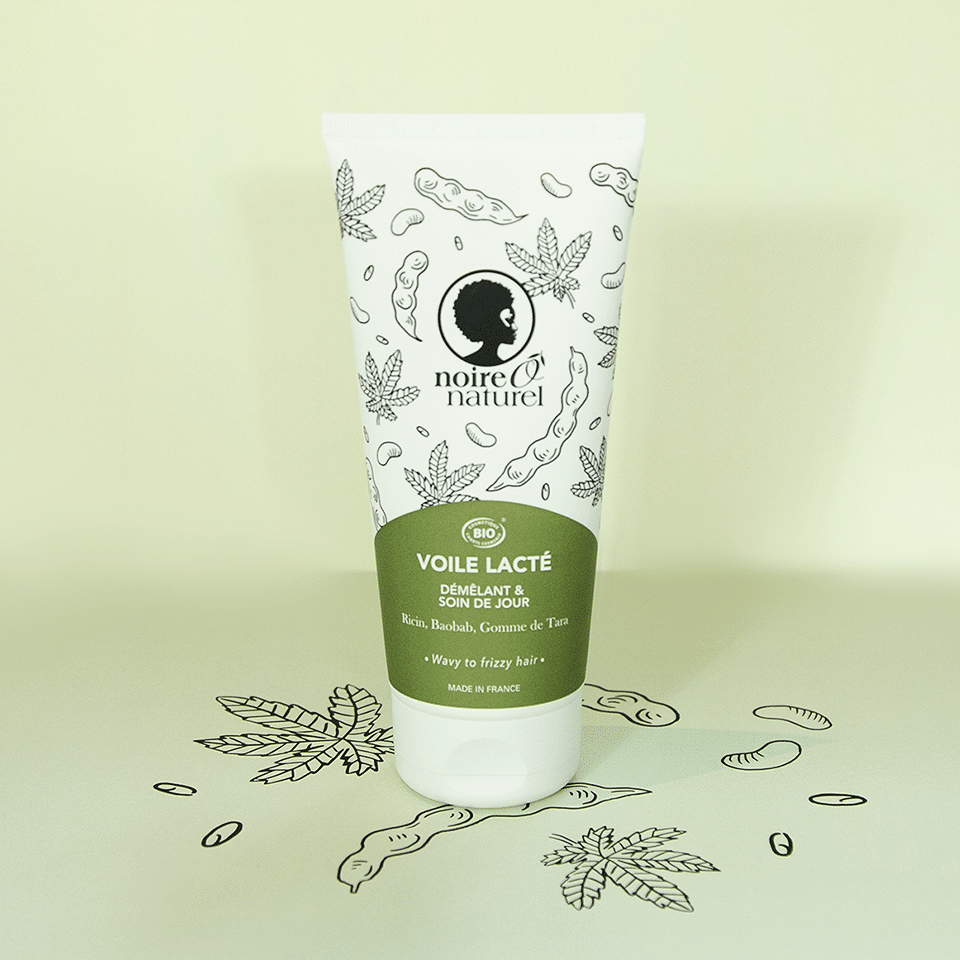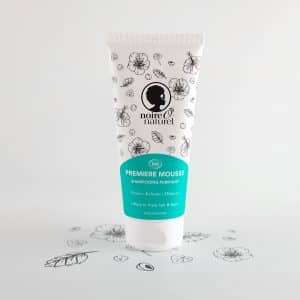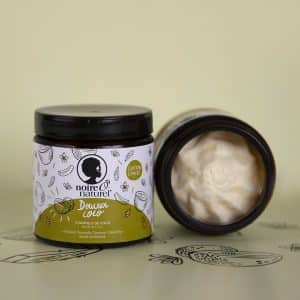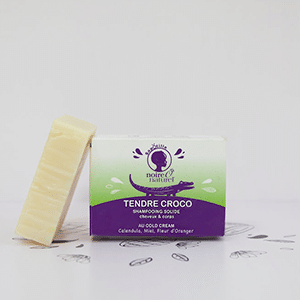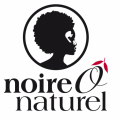Copyright photographie : Airin Party
With the increasing demand for healthier and more environmentally friendly skincare products, the terms ‘natural’ and ‘organic’ have become commonplace on product labels. However, there are important differences between natural and certified organic products. Understanding these distinctions can help you make informed decisions about your skincare routine.
In this article, we’ll look in detail at what distinguishes these two types of product.
1. Natural products:
Natural products are formulated with ingredients derived from natural sources, such as plants, minerals and essential oils. They are designed to eliminate or reduce the use of synthetic ingredients, chemicals and artificial additives. Natural products have gained in popularity because of their reputation for being gentle on the skin and the environment.

Copyright photographie : Valeriia Miller
2. Advantages of Natural Products:
Fewer Chemicals: Natural products generally avoid synthetic and potentially harmful ingredients, which can reduce the risk of skin irritation or allergic reactions.
Sustainability: Natural ingredients are often more durable and environmentally friendly than their synthetic counterparts.
Vegan Options: Many natural products are vegan and contain no animal ingredients.
3. Certified Organic Products:

Certified organic products are subject to strict standards set by certification bodies such as Ecocert, USDA Organic or Cosmébio. These standards regulate the cultivation of ingredients, production methods and sustainable practices throughout the supply chain. Certified organic products are often identified by certification seals or logos.
Copyright photographie : Maycon Marmo
4. Advantages of Certified Organic Products:
High Production Standards: Certified organic products are produced to strict standards, ensuring that ingredients are grown without the use of pesticides, synthetic fertilisers and other controversial substances.
Transparency: Certified organic products are subject to rigorous traceability, meaning you know exactly where the ingredients come from and how they have been processed.
Better for the environment: Organic farming methods help to preserve biodiversity and soil health.
5. Choosing What’s Best:
When choosing between natural and certified organic products, it’s important to take into account your personal values, your specific needs and any skin problems you may have. If you’re looking for chemical-free products that are closer to nature, natural products could be your choice. If you’re concerned about traceability, environmental impact and high production standards, certified organic products may be better for you.
6. Natural does not mean organic…:
When we think of natural products, we inevitably have a good image of them, thinking that they are obviously better for our health. But that’s not always true! Certified organic cosmetics necessarily contain natural ingredients, but the reverse is not true. So-called natural cosmetics may contain chemical or synthetic ingredients.

Copyright photographie : Lukas
7. Beware of greenwashing:
More and more brands claim to be natural and organic, often because they (deliberately) confuse the two terms. But beware, because organic is necessarily certified. Organic labels are demanding and require real rigor on the part of the brand. At Noireônaturel, our cosmetics are certified organic and based on natural ingredients!
In the end, whether you opt for natural products or certified organic products, be vigilant in reading labels, understanding certification standards and looking for brands you can trust.
By taking the time to make informed choices, you can build a skincare routine that’s not only good for your skin, but also for the planet.
We tell you more about label right here.

